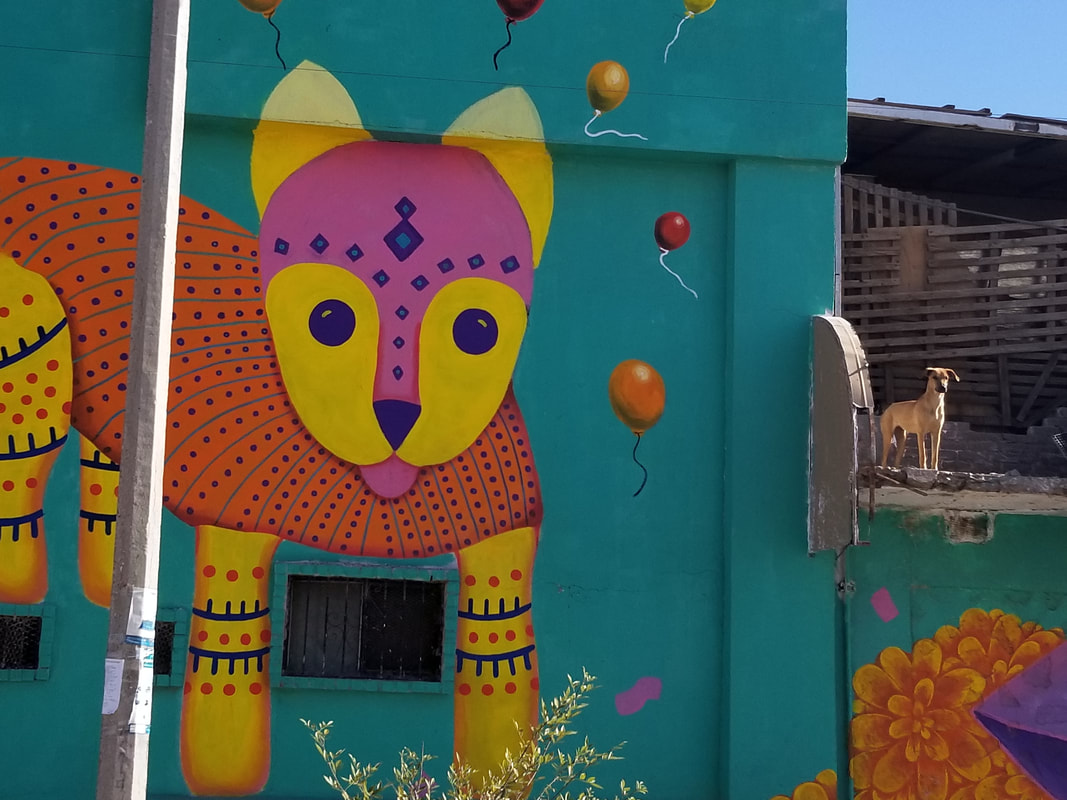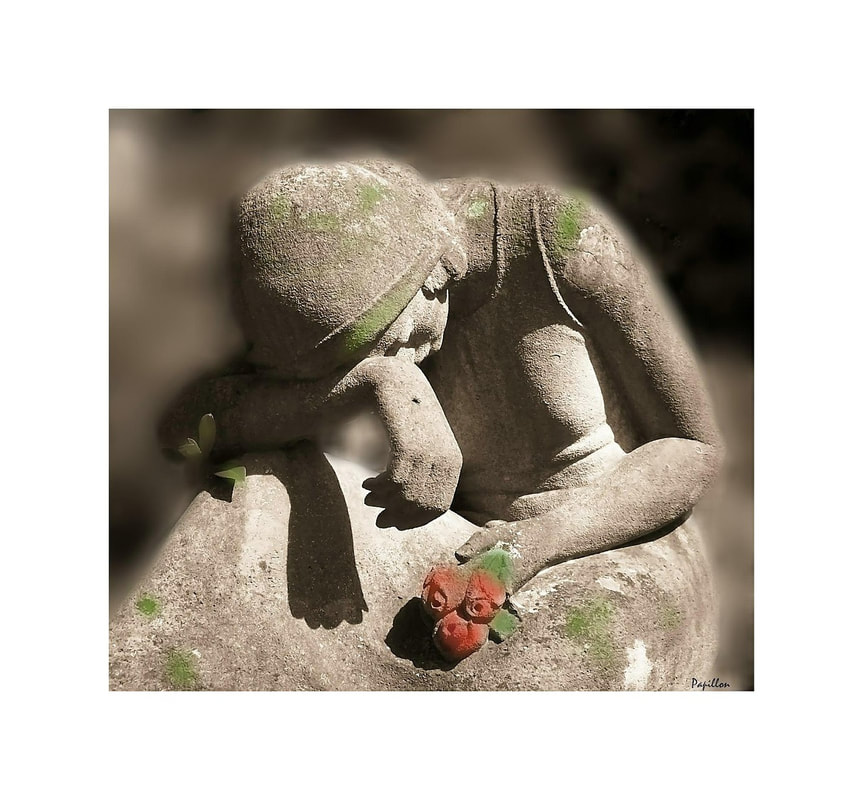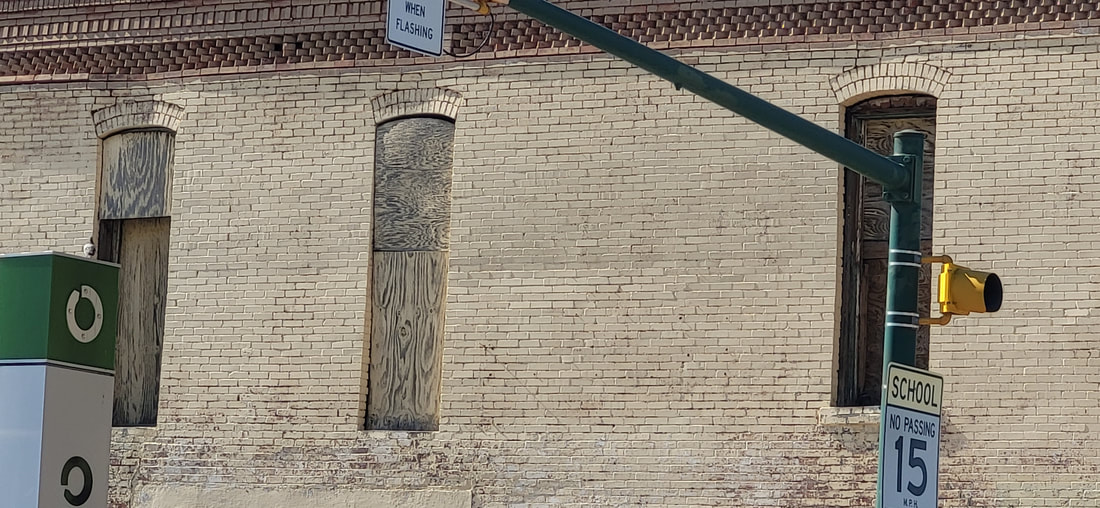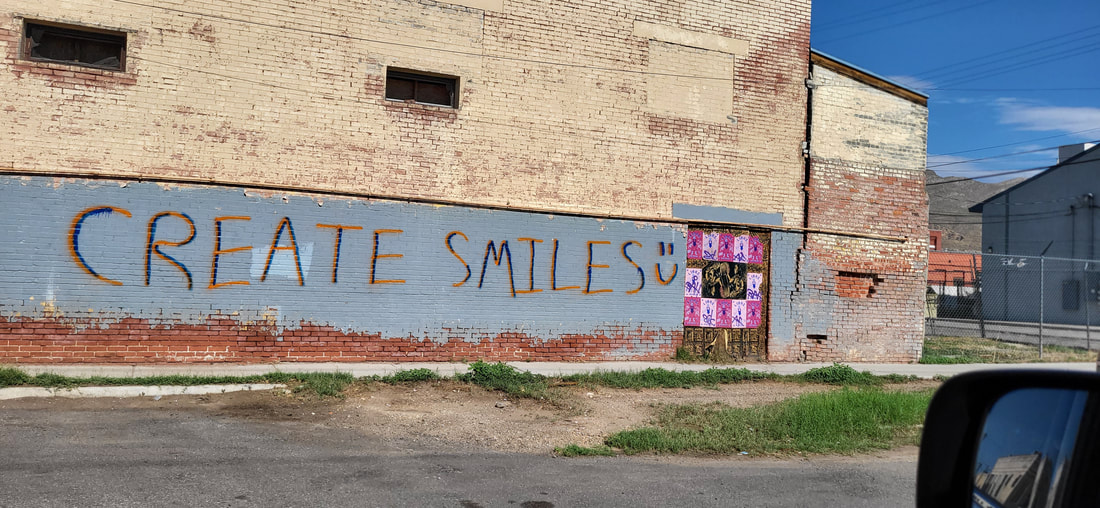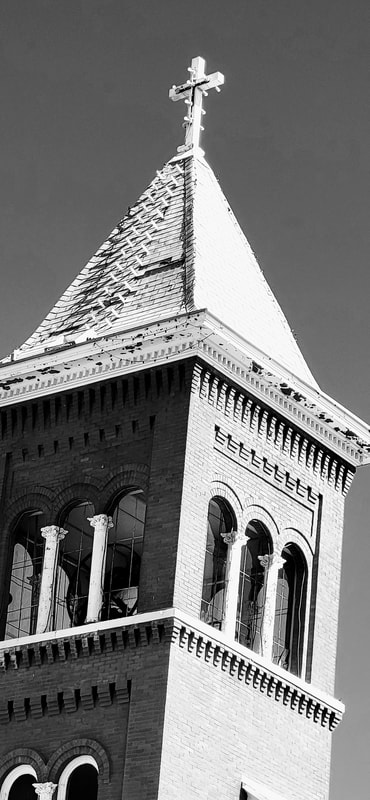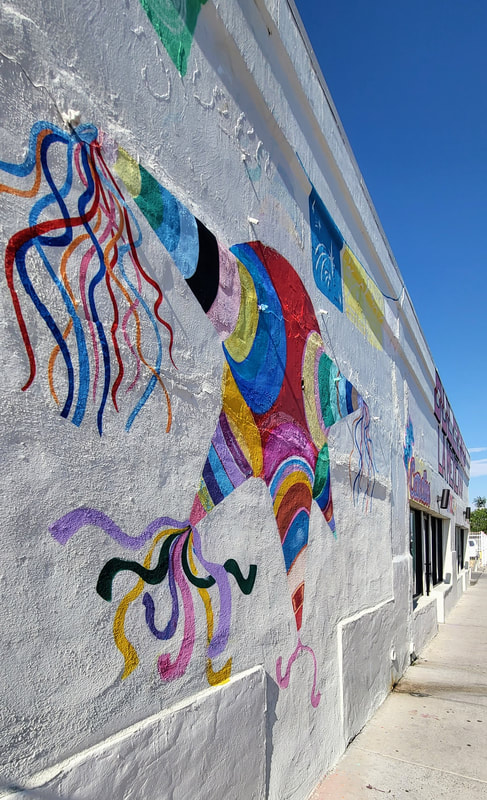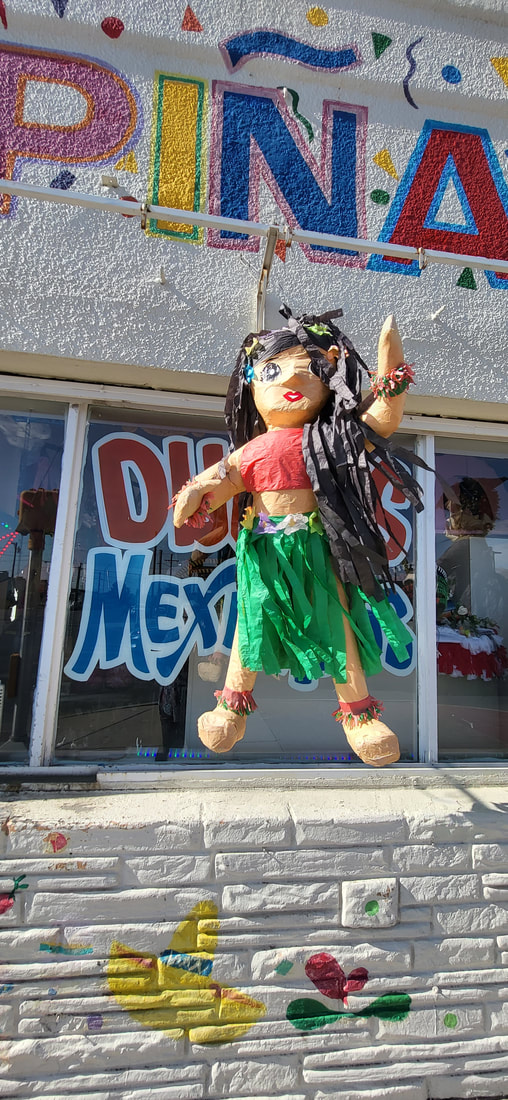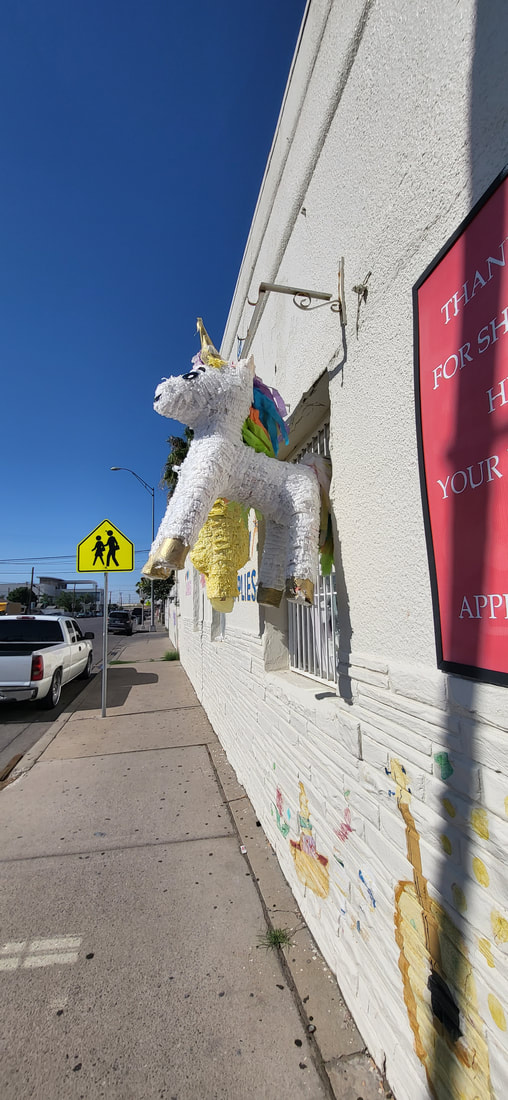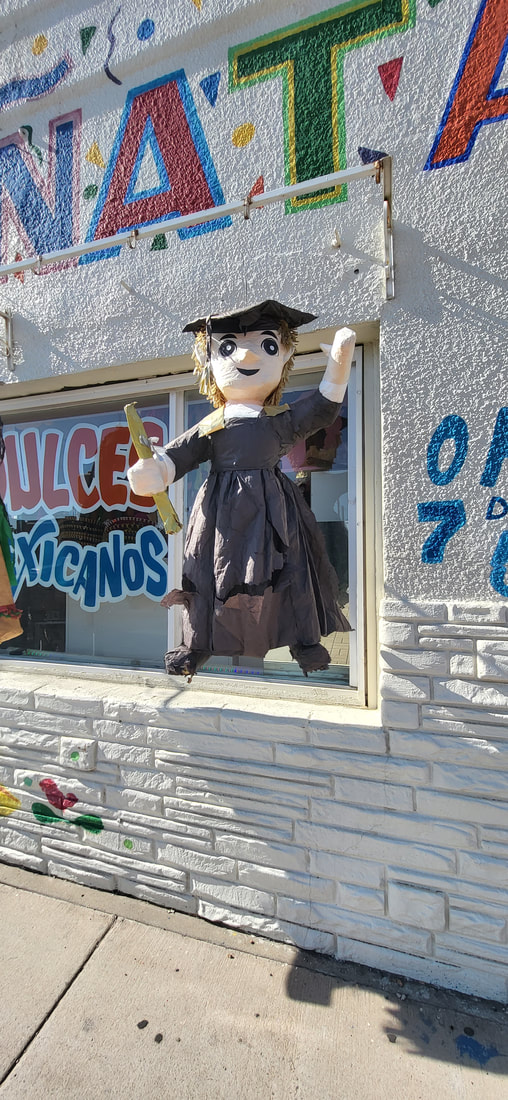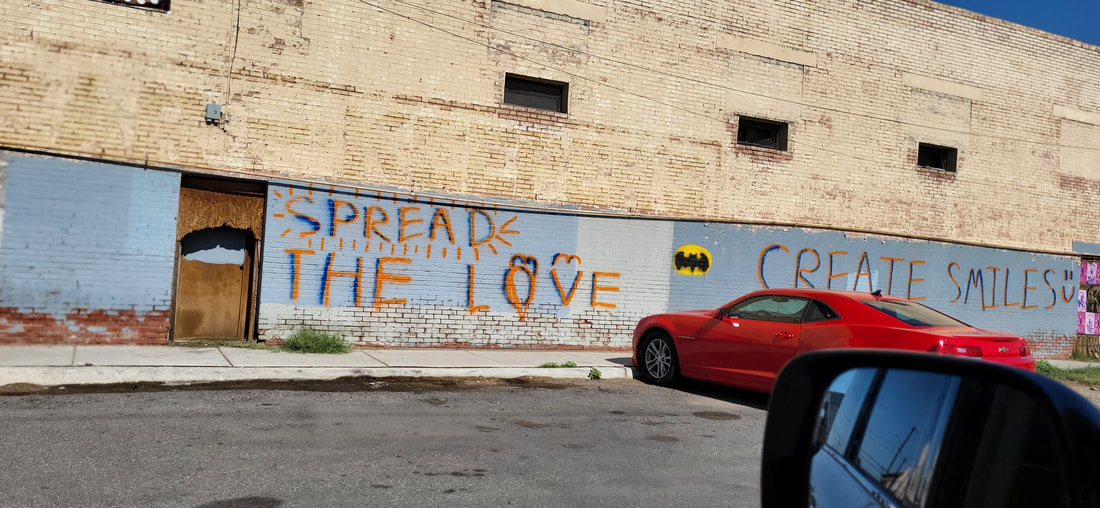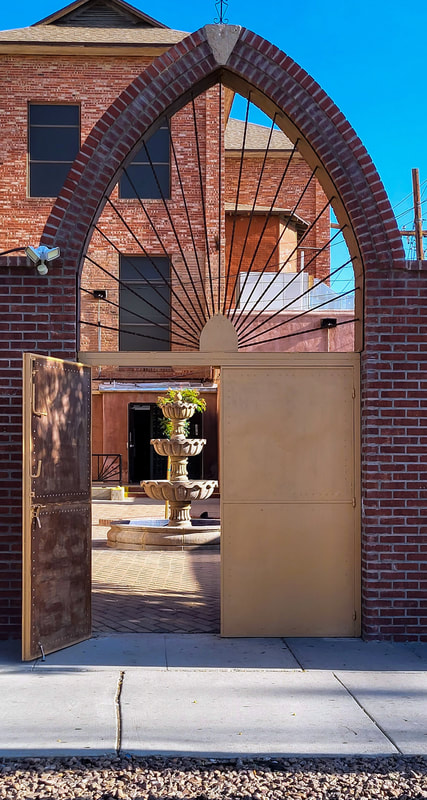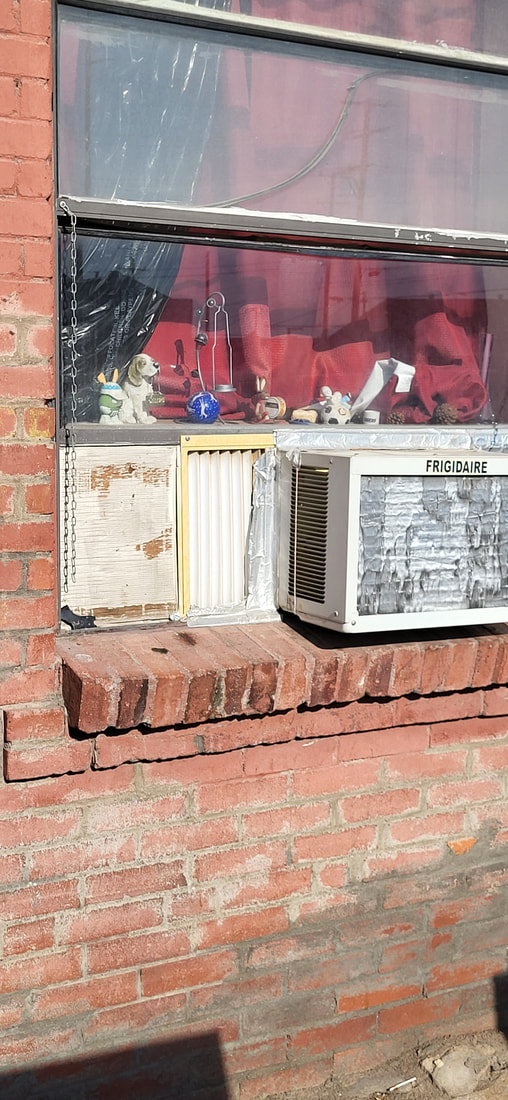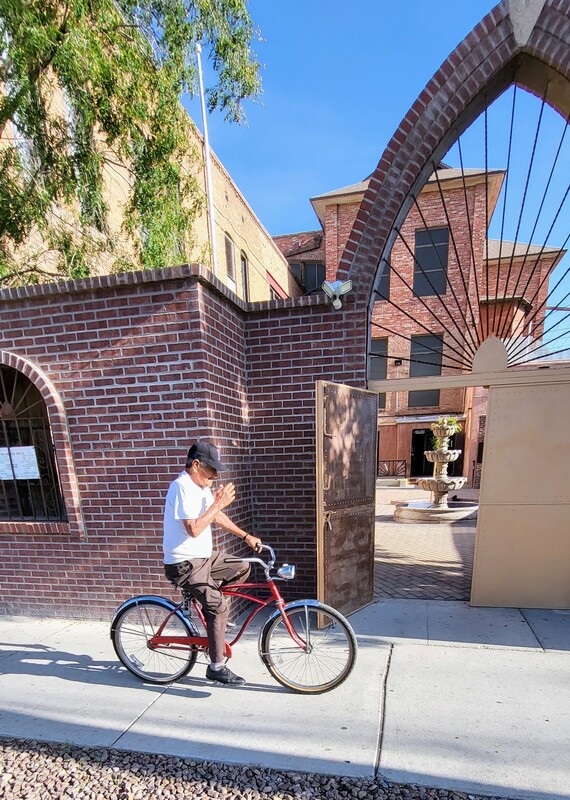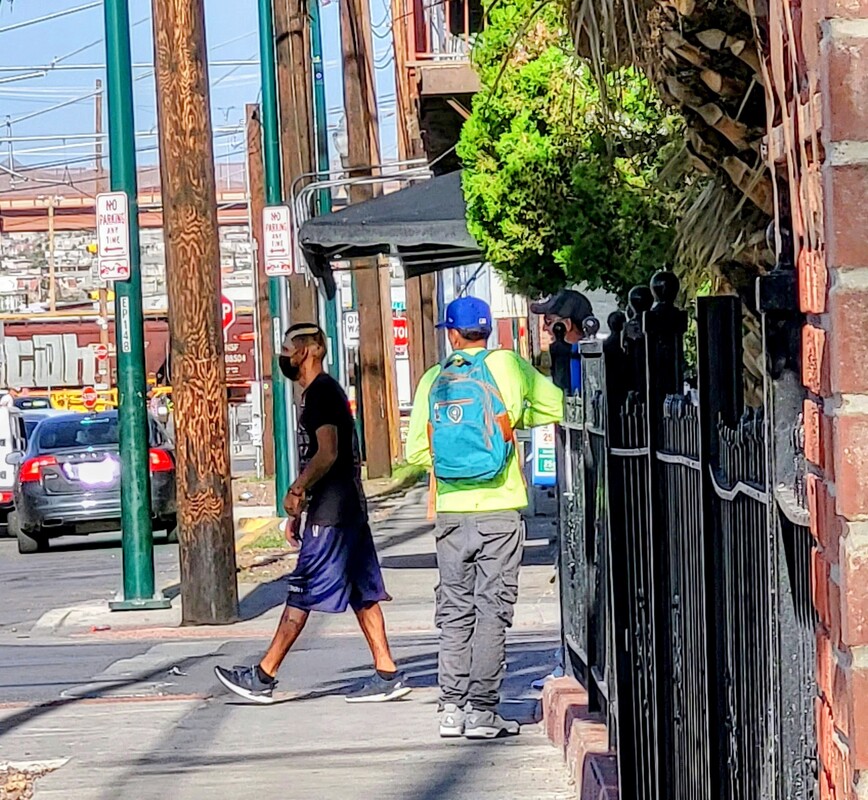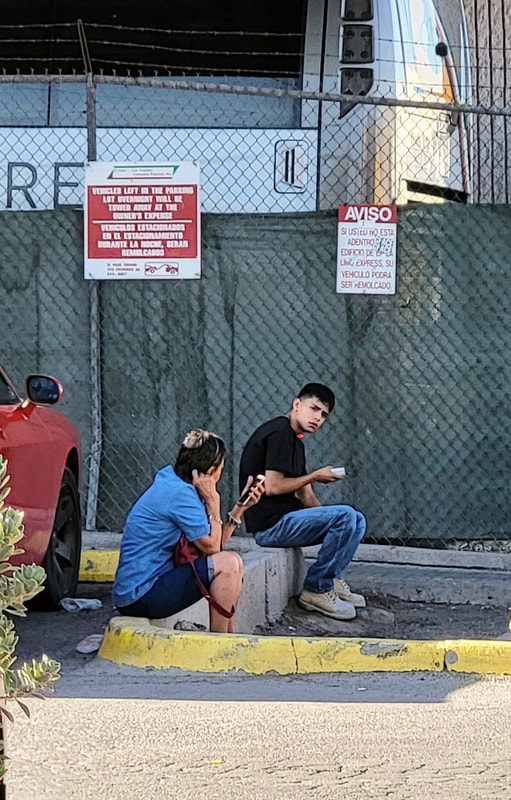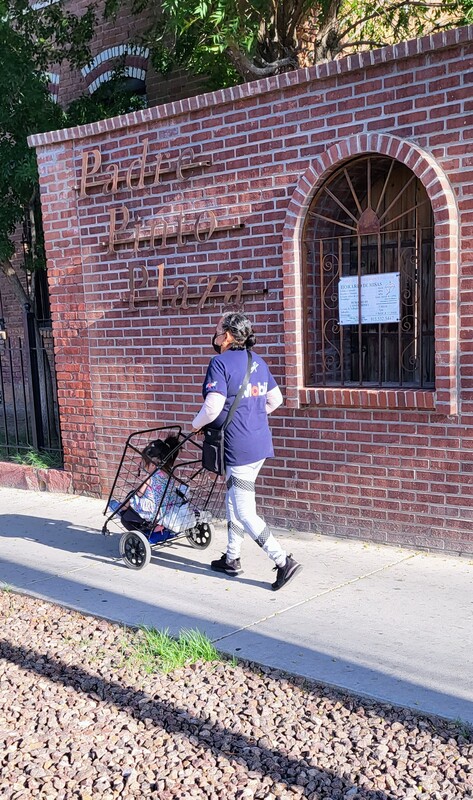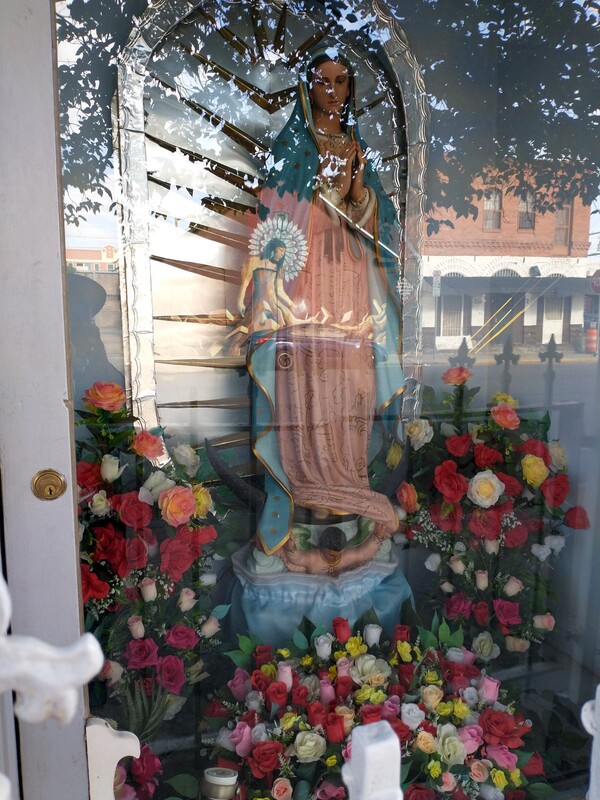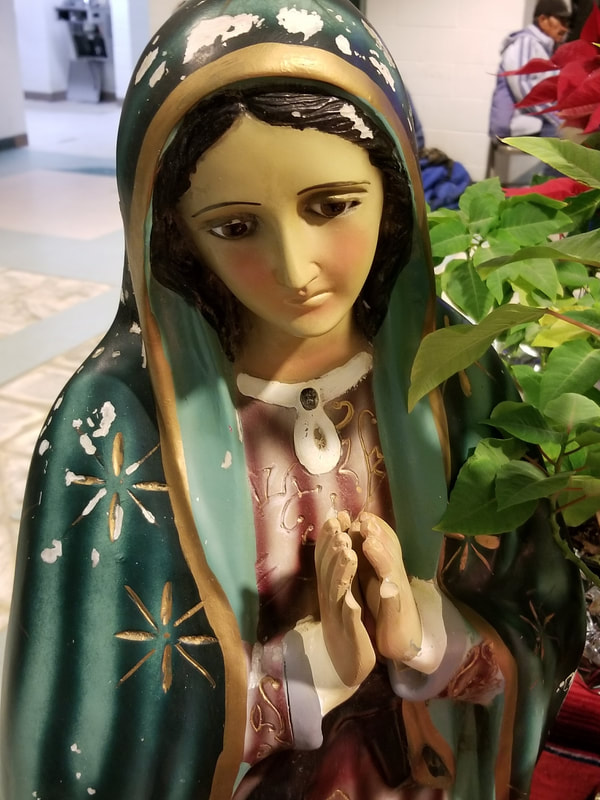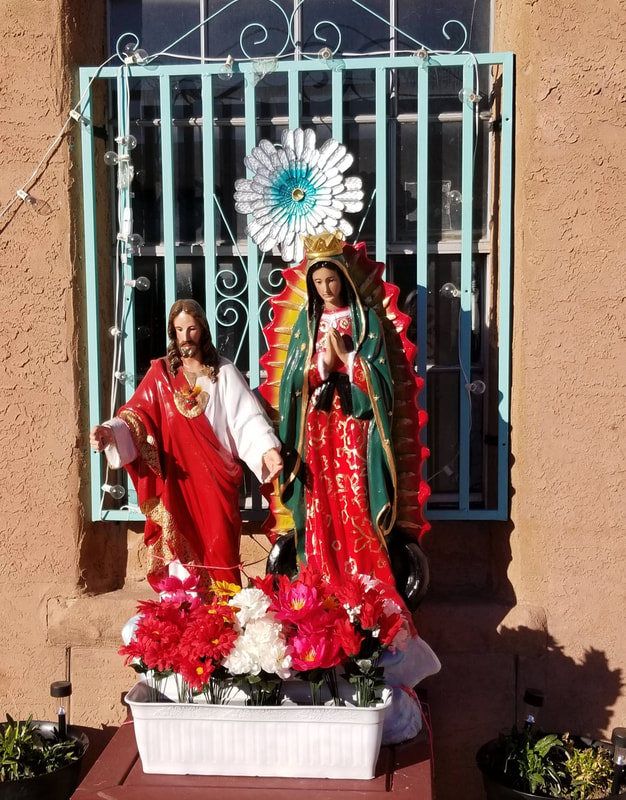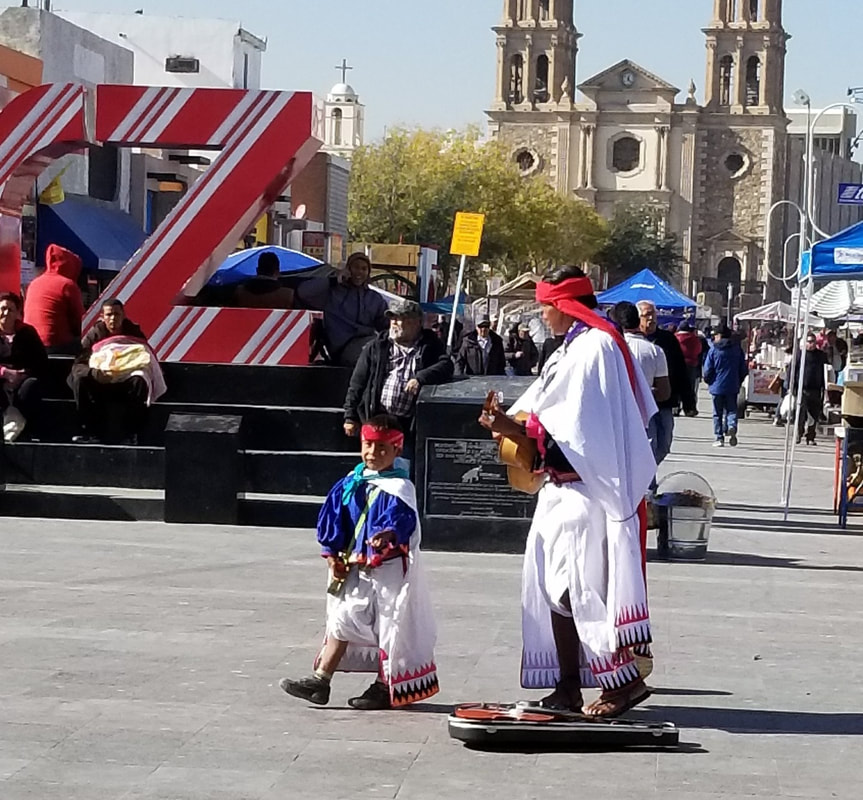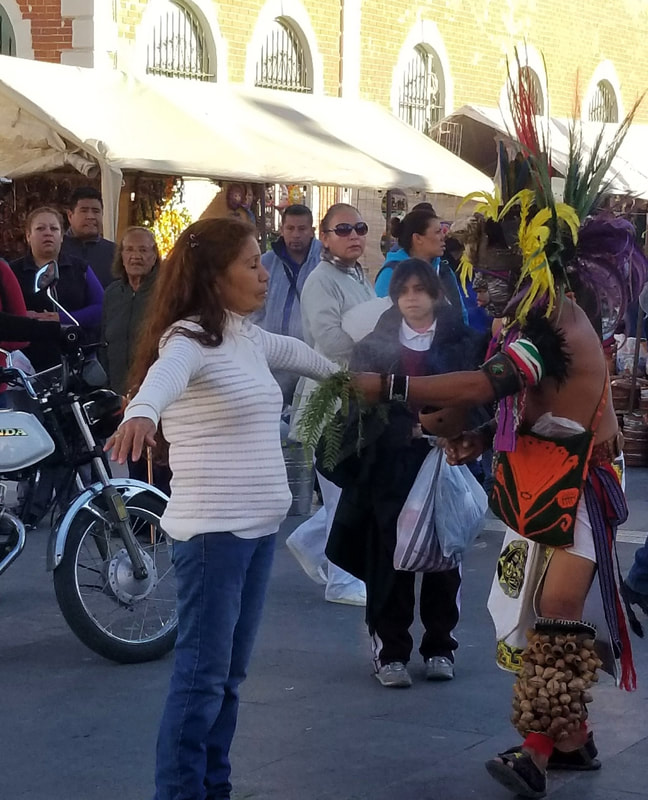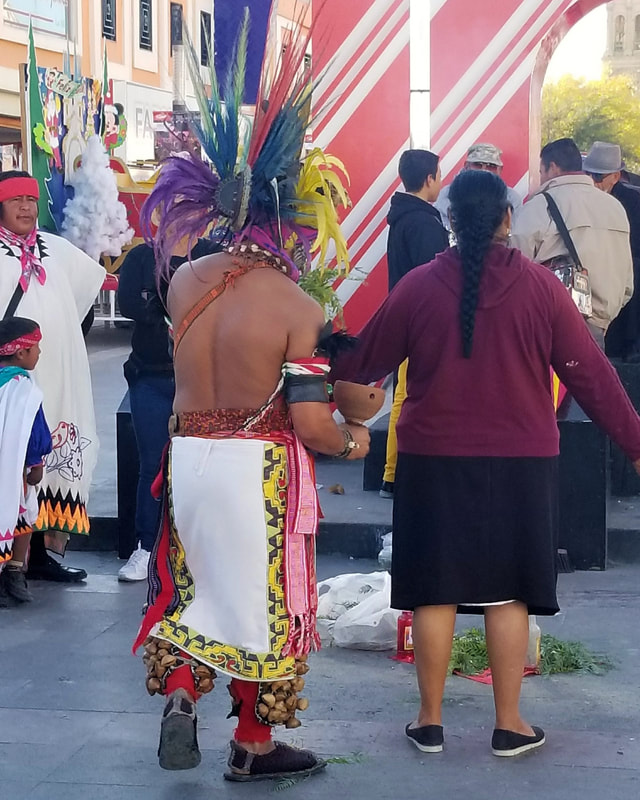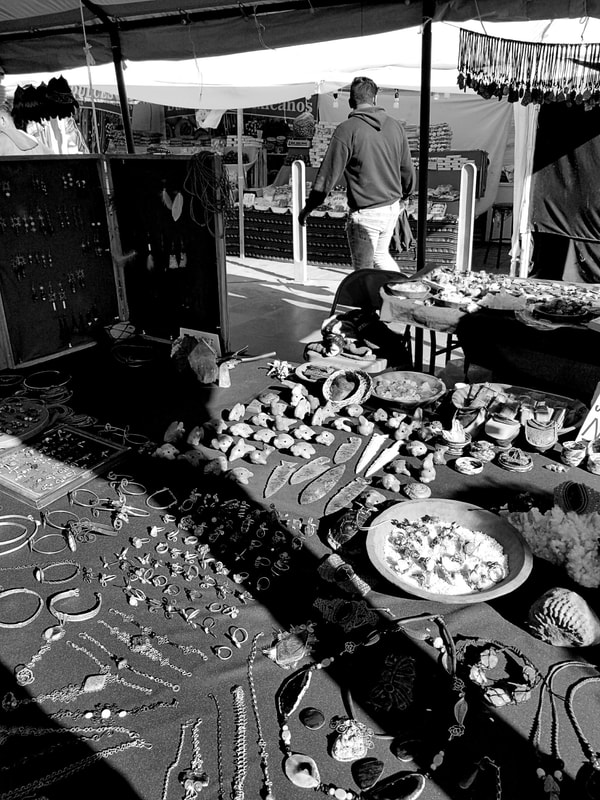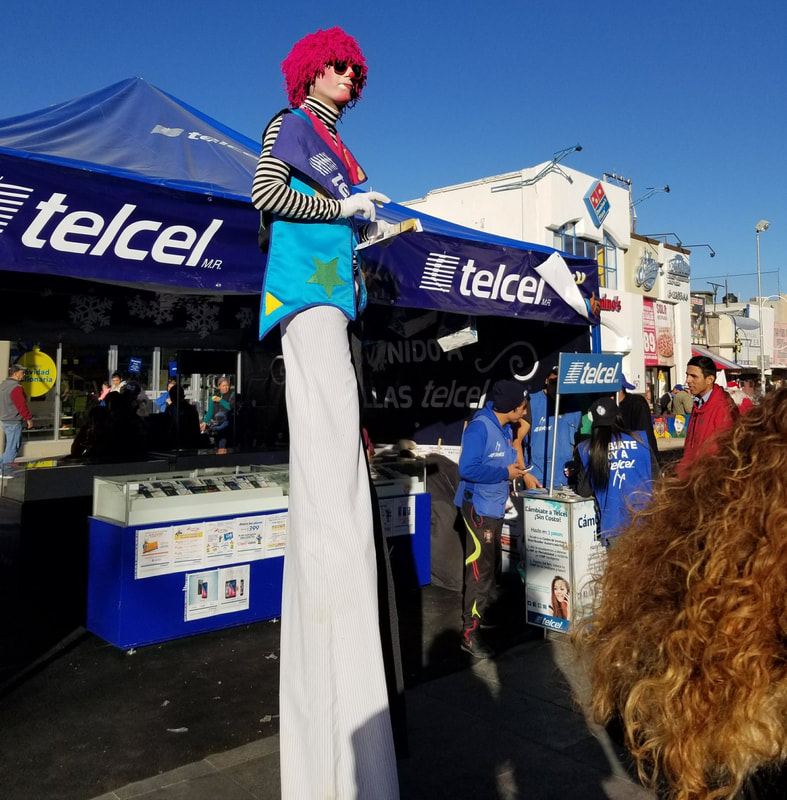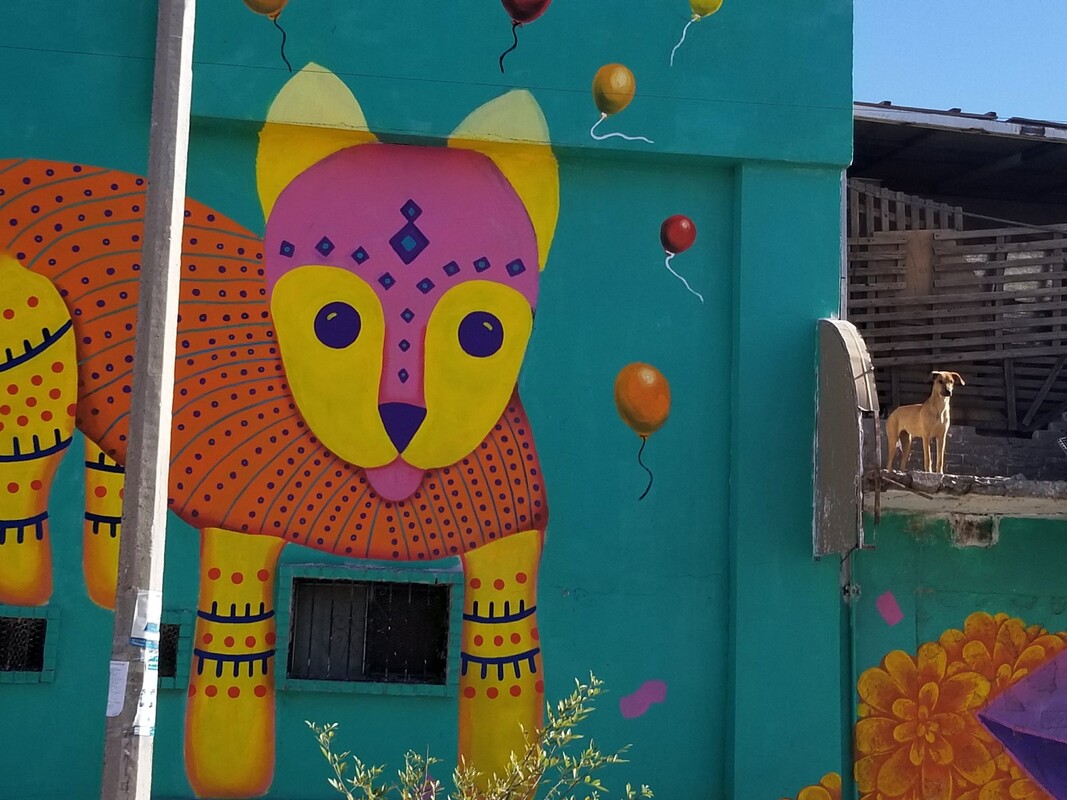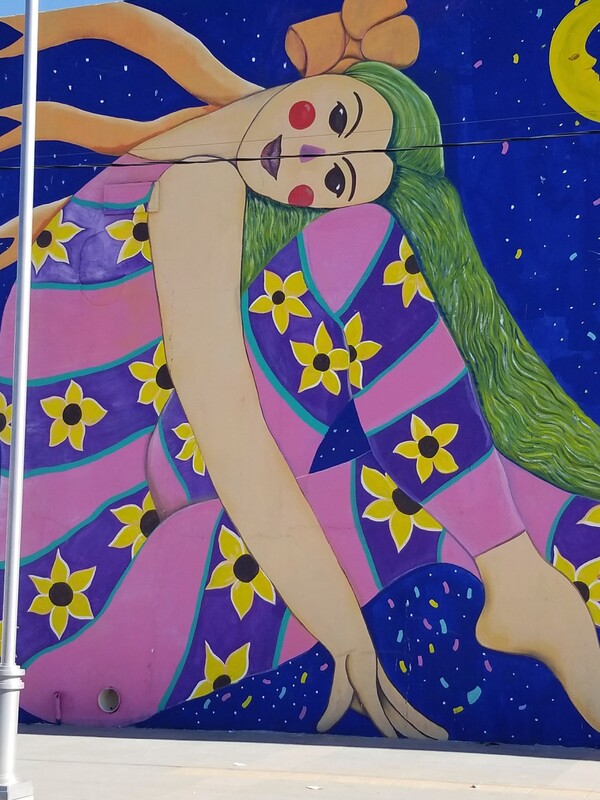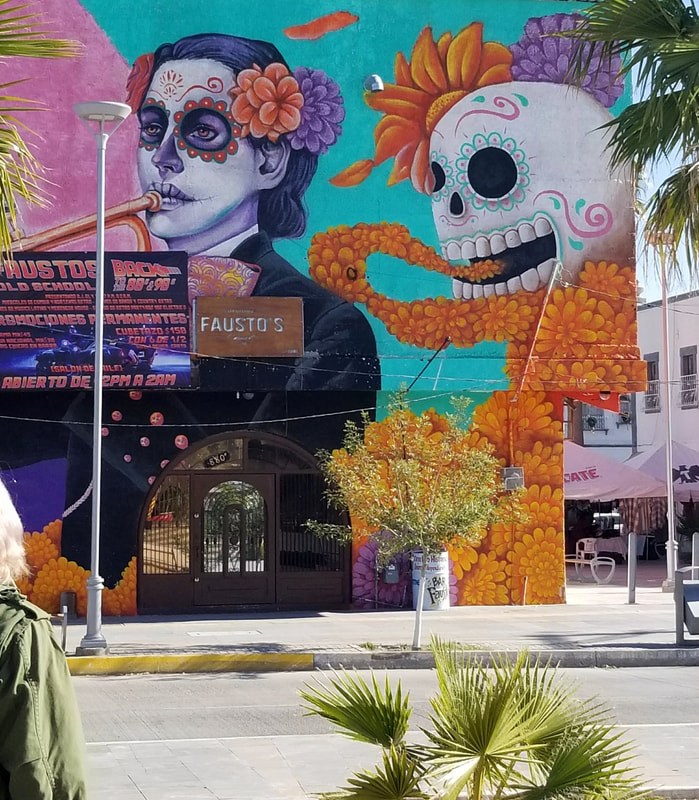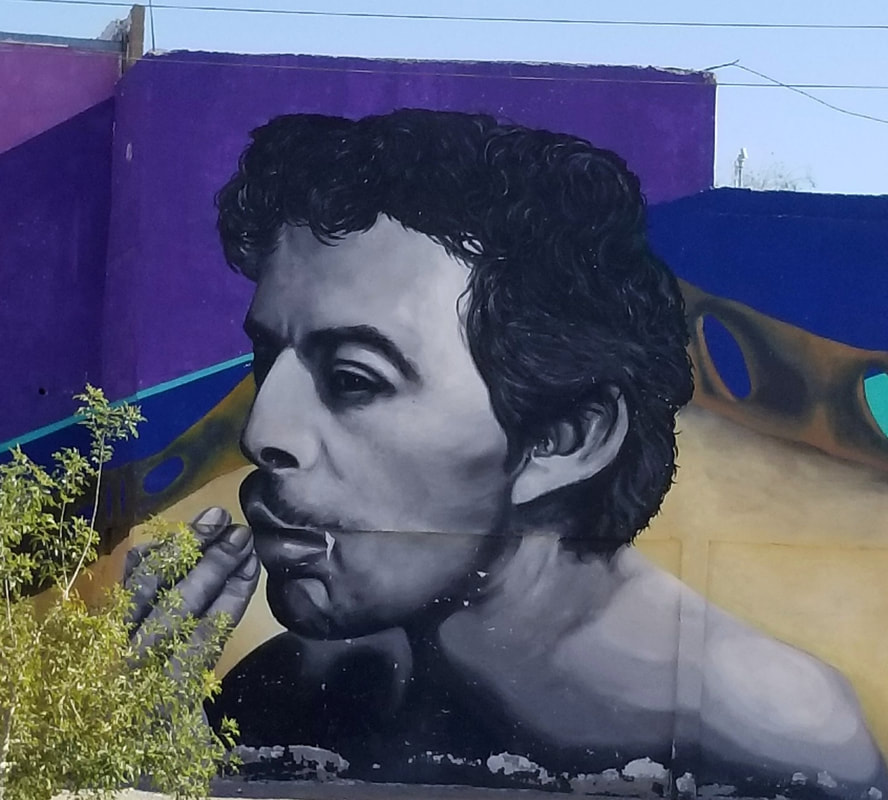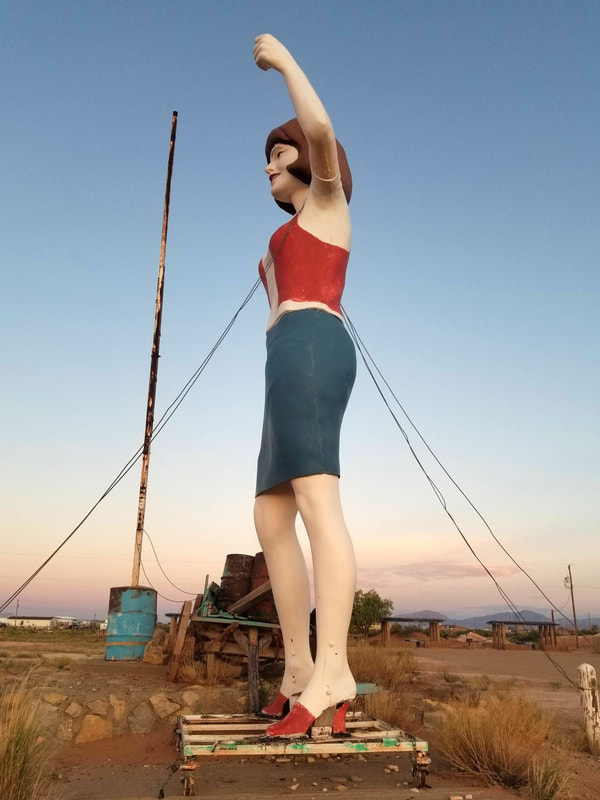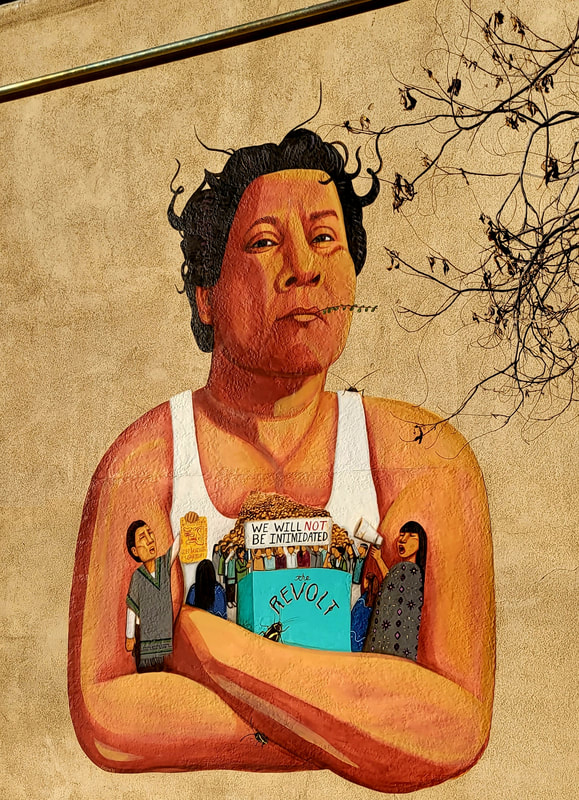|
Twenty-seven years ago, opioid addiction devastated my familia. It is a pain that I have rarely spoken about for years, and one that I have never written about. In the midst of the nation’s current and highly publicized opioid epidemic, I felt like the time had come. Throughout my life, writing has helped me comprehend my experiences and to heal from many of them.
In an episode this weekend, Latino USA reported on the opioid crisis in the Bronx, a crisis going back to the 1960s. Focusing on the courageous and compassionate people who advocate for folks addicted to heroin (including those who provide on-the-street medical care and distribute clean needles), the report talks about risk reduction and the ways in which it saves lives even if risk reduction may be illegal. Angie Camacho, a sociology professor in Criminal Justice at John Jay College, is heard on the radio broadcast helping an addict who is moaning with pain. Professor Camacho provides some basic medical care. John Jay College faculty and students visit people addicted to heroin to provide life-saving help. It was listening to this report that spurred me to write about my long-held pain. When I moved back to El Paso in the 1980s, heroin was widely available, perhaps the most available drug in the city. I was not interested, but my long-time partner was. She was a “functional addict” who could excel in many parts of her life while using. As the partner of a heroin addict, I alternately tried to ignore her addiction and to stop it. I was afraid constantly. When she unexpectedly disappeared one day, I went to the police to help me find her. She was gone for a week, returning finally when she encountered a group of Christian missionaries who told her to go home to her family where they knew she would be welcomed. In the middle of an agricultural area just across the New Mexico state line, they found her with her heroin-using friends who I never knew. They didn't proselytize or try to convert her. They told her that her family loved her and worried about her and to go home to them.... to me. I did welcome her. I begged her to go into rehab. The morning I drove her to the rehab clinic in a largely rural area of eastern El Paso County, she stopped for one last fix. Sometimes, I drive by that place, now abandoned, where she went to buy her last fix and I remember that morning of anxiety, anticipation, fear and hope that rehab would help our family. We drove for miles in complete silence to the rehab center. After a couple of months, she returned home and all seemed better although I knew deep inside that she had stopped using for us, her family, and not for herself. I knew, although I could not admit it then, that it could not last. She could not do it for us. It had to be for herself, a commitment to lead a clean life whether we existed or not. It worked for a couple of years…. until it didn’t work. The call of the heroin dream was too strong. She returned to using and when I confronted her, she made me feel stupid and guilty for even thinking she had relapsed. Her addiction made her into an extremely effective manipulator. Within two months, she was using more than she ever had and she was no longer the “functional addict.” I didn’t know how her addiction had escalated because by then, I was living in another city, waiting for her to join us. When I learned that she had stopped going to work, I made a trip back to El Paso to look for her. I never saw her again. I remember the morning the police knocked at the door. She was dead. I recall the next few days with an amount of detail my memories rarely possess. The friends who cooked for me. The anger of my parents. The funeral arrangements and the funeral itself. And most of all, our young son's confusion and distress and pain. At the funeral home, her shell-shocked students spoke to me about what a wonderful teacher she was. One young woman gave me a rosary to put in the casket. It is both like another lifetime and like it just happened. For years afterward, I felt defined by her death. For years, my memory of her and of our relationship was defined by her death. Writing this now, I am hesitant to reduce her life, her brilliance, her love to her heroin addiction but it's difficult to do otherwise. Addiction and the pain it brings are so overwhelming. Listening to that NPR report yesterday about people who see the humanity and the suffering of addicts, I thought about those people I never knew who in 1989 convinced my partner to come home so we could confront her addiction as a family. I hadn't thought of them for many years. Remembering what they did for her and for us felt good-- I felt it deep inside my heart, I am still grateful. I wished back then that I could thank them. I still do. Although her addiction ended in death, what those strangers did so many years ago made a difference in our lives, showing compassion and love in the midst of darkness. Thank you to Lucia Martinez for helping me think out this very difficult blog post. You are a wonderful friend.
3 Comments
|
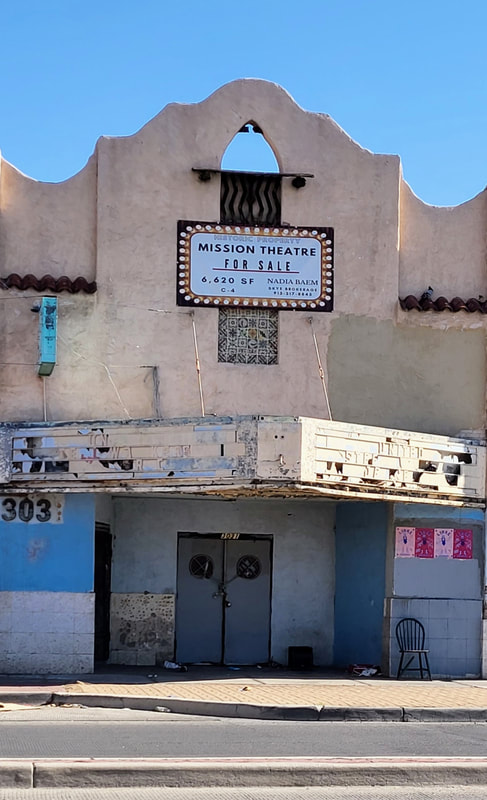
My father used to tell me about sneaking into this theater to watch movies as a kid in the 1910s. It showed Spanish language films. In the 1940s, it was transformed into a "whites only" theater but that didn't last long. By the 1950s, it was headquarters to the Mine, Mill, and Smelter Workers Union, a radical labor organization. Before it closed, it housed the Mine and Mill Bar.
Segundo Barrio
Father Rahm Street
July 2022
La Virgensita en la frontera
Cd Juarez downtown
December 2017
La Mariscal, Ciudad Juarez, 2017
Montana Vista 2019
El Centro July 2022
